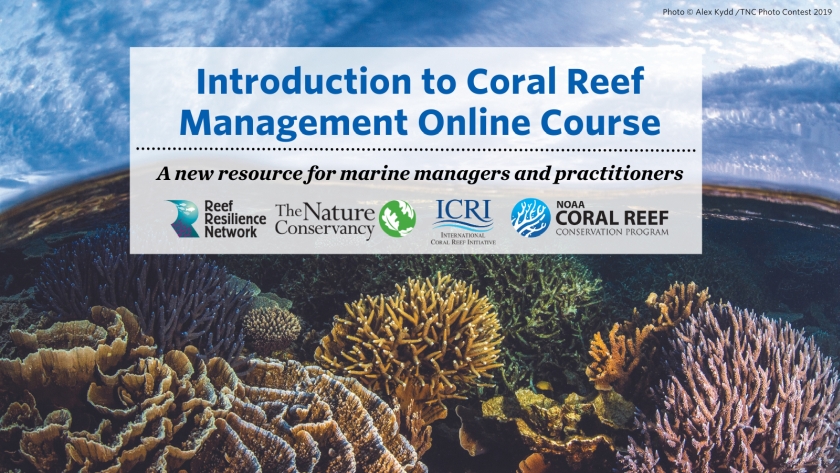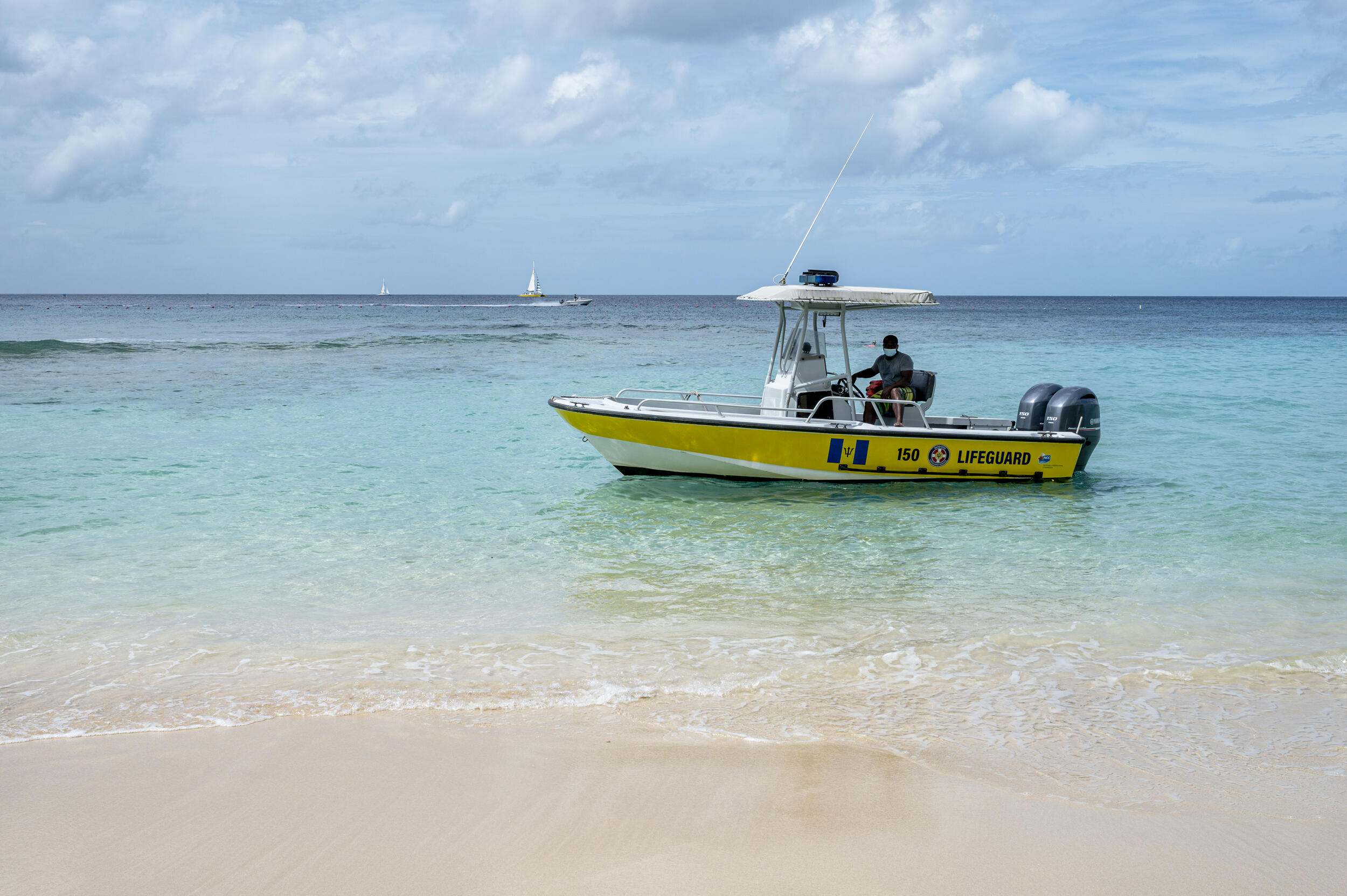Sustainable livelihood initiatives are conservation projects that protect both natural systems and human communities, enabling communities to meet their present needs while ensuring long-term well-being for future generations. Whether you are planning to embark on a sustainable livelihood initiative, or simply want to better your practices for engaging and partnering with Indigenous Peoples and local communities, learning the steps you can take to support sustainable livelihoods in your work will greatly improve the likelihood of your conservation actions also serving your local communities.
Speakers discussed The Nature Conservancy’s community-led conservation approach and how to put that approach into action. They highlighted a sustainable livelihood initiative from coastal Ecuador, where local fishers are being trained in beekeeping: strengthening the local communities’ social, environmental, and economic resilience while also accomplishing conservation goals in reducing pressure on local fisheries and supporting native bee populations.
Presentations were followed by a question-and-answer session. Simultaneous interpretation for English and Spanish was provided throughout.
Presenters:
- Lisa Ferguson, Director of Regenerative Economies, The Nature Conservancy
- Fabian Viteri, Coastal Marine Coordinator, The Nature Conservancy in Ecuador
- Annick Cros, Reef Resilience Network Science and Training Specialist, The Nature Conservancy
- Petra MacGowan, Director of Coral Reef Partnerships, The Nature Conservancy
This webinar also served as the launch of TNC’s new Introduction to Sustainable Livelihoods Online Course. Click here to learn more and enroll in this free, self-paced, course.
This webinar was brought to you by the Reef Resilience Network and TNC’s Regenerative Economies Team, in partnership with the International Coral Reef Initiative (ICRI) as part of their #ForCoral webinar series.



